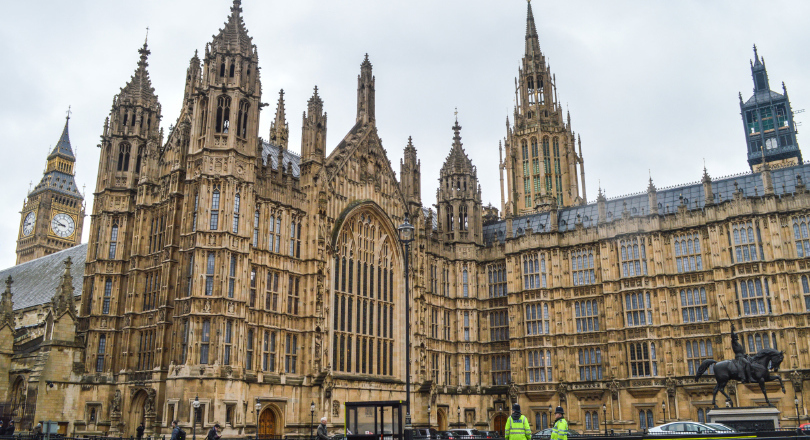Speakers noted that some of the most draconian aspects of the initial bill have been watered down since the motions were originally drafted, thanks to the kind of constructive lobbying pursued by Prospect and other unions.
However, there remains much in the Act which seeks to weaken trade unions, conference was told, and that as a piece of legislation it fails to recognise the modern and progressive nature of the movement.
Andrew Brellisford from Dft branch said that campaigning must continue despite the fact that the bill had now been passed into law. He highlighted the new right of employers to draft in agency workers to cover for striking staff as one of the most concerning aspects of the Act.
These remarks were echoed by Gordon McNab of the Air Traffic Systems Specialists branch, who added: “We engage with employers to try to improve the workplace. The Act will damage good industrial relations.”
David Hunter from Scottish Government branch hailed Prospect’s approach to campaigning on the legislation. “It was looking much worse back in February, but things were stripped from the bill thanks to the constructive approach of Prospect and other unions. We didn’t shout or scream but made reasoned arguments. It is now much less sinister.”
Keith Flett from BT Central London HQ said the conference gathering demonstrated the diverse, modern face of Prospect and other trade unions. “We’re not all Marxists with beards spending all their time on strike,” he said.
“The TU bill was about saying we’re a narrow section of society when in fact we have a broad range of views and opinion…We need to promote ourselves and the work that we do. We need to underline the important role that we play in national life.”

